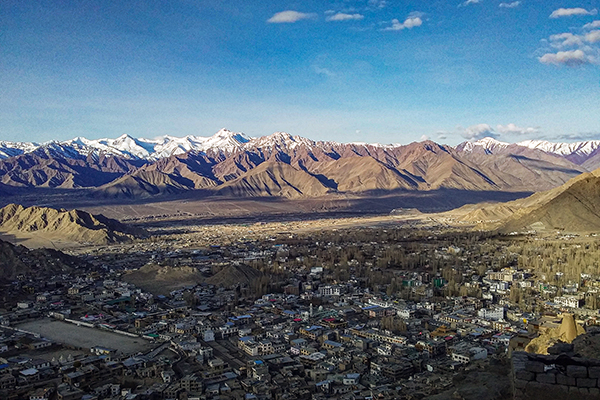As of 1 May, 2021, all adults in India are now eligible to receive the COVID-19 vaccine. Very soon, the vaccine will also be made available to the age group that is most vulnerable to COVID-19: Children. However, that will only happen once the safety profile of the vaccine becomes clearer. This is how vaccines evolve. In the chronology of vaccine development, we are past the Phase III trials for COVID-19 vaccines and are now in Phase IV. Generally, companies receive licences for vaccines once they successfully finish Phase III trials. After this, the effort is to generate more data to improve the safety, efficacy and effectiveness of the vaccine with the ultimate aim to save more lives with minimal side effects.

As with all vaccines, the COVID-19 vaccine too has evolved. Thankfully, it is becoming clearer that the vaccine is effective in preventing infection and serious symptoms and deaths. Unfortunately, many of us have been labelling many ailments they suffer as side effects of the vaccine. Most side effects actually caused by the vaccine were temporary and expected. Of course, with time the vaccine will become safer just as the current vaccine is safer than its initial versions. Vaccines are constantly improving based on unwanted effects observed in people. This is the beauty of medicine, which is not only a science but also an art. Knowledge, skills, and tools evolve over time and are constantly improving.
How does one navigate the deluge of information and misinformation online on the side effects of the COVID-19 vaccine? In my opinion, it is important to be cautious and critical but not trust hearsay. One way to do this is to focus on causality. Say there is an observed effect (say some ailment), which is attributed to a cause (in this case the vaccine). It is possible that the observed effect is not due to the assumed cause. In statistics there is the concept of P value that provides insights on how significantly a cause is correlated with an effect.
In this context, if a dangerous side effect is more evident in a population that has received a drug or vaccine than the general population, then the effect has a higher correlation with the cause as evident in its P value. Thus, if the P value is significant we can infer a cause-effect relationship. Using this rationale, the side effect of blood clotting that many attributed to the vaccine was found to be statistically insignificant. In addition to such an evaluation, one must also weigh risk and benefit of a medicine and vaccine. So for instance, one might have to weigh the possibility that a vaccine may cause some side effects that are not life threatening on the one hand with possibility of the risk of contracting a dreaded disease in the absence of a vaccination.
People have a tendency to relate some effects to some causes irrespective of their actual correlation. This depends on a variety of factors including personal experience, social beliefs and trends. As a doctor, I have been witness to this many times. Many parents have told me that their child was vomiting in the morning but also started experiencing diarrhoea or had developed a rash after taking the medicine I had prescribed. Many times such correlations are illogical. For instance, people relate a variety of food with sore throat, fever, abdomen pain etc. but rarely correlate smoking or alcohol with any of their known side effects! Research has shown a very significant correlation between smoking and various forms of cancer. Similarly, consumption of alcohol correlates with various forms of cancer and hypertension to name a few effects. Thus, the tendency to draw certain cause-effect relations often reflects personal and social biases rather than actual correlations.
This conclusion was driven home for me recently when a friend developed a sudden deterioration in his vision. He is 22 years of age and required prolonged treatment to recover completely. I am glad that he is fine now. However, I was also relieved that he developed these symptoms before taking the COVID-19 vaccine. He was planning to get the COVID-19 vaccine as he works in the healthcare sector when he developed these symptoms and he had to defer the vaccination. I am certain that if he had developed these symptoms after taking the vaccine, many people would claim that it was a side effect of vaccination as he is too young to have such a disease.
It also reminded me of an incident from my childhood. We used to visit an archaeological ruin at Gyamtsa, which local folklore said would have been similar to Alchi monastery had it been completed. According to the folklore, some divine beings were building the monastery and they wanted to complete it before dawn when humans would wake up. However, a donkey started braying in the middle of the night. Donkeys generally bray for different reasons, including the onset of dawn. However, in this case this donkey started braying in the middle of the night. On hearing the donkey, these divine beings ran away and the monastery remained incomplete. I still blame the donkey whenever I pass the ruins! I now realise that am being unfair to the donkey. A donkey brays at dawn but its braying does not cause dawn. Thus, I should be blaming whoever started correlating dawn with a donkeys braying.
By Dr Spalchen Gonbo
Dr Spalchen Gonbo is a Paediatrician based in Leh.


